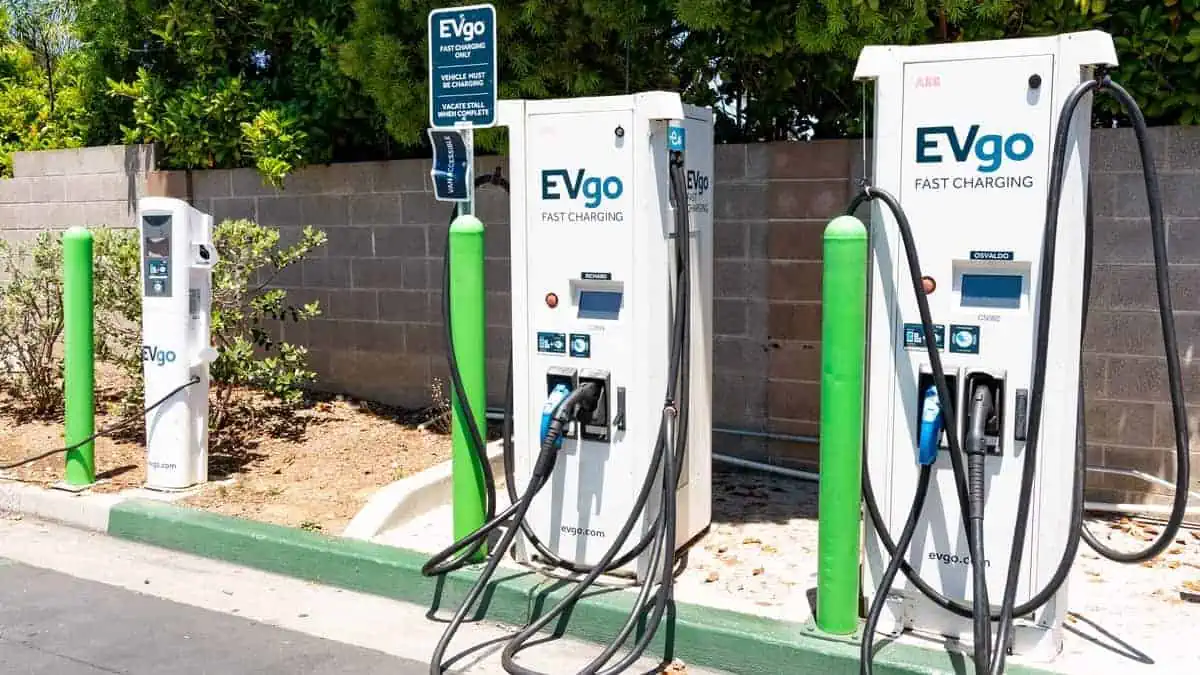German Government-owned development bank KfW is currently discussing with New Delhi officials its plans to fund India’s aggressive electrification efforts, including the 10,000 PM e-Bus Sewa program.
KfW’s intentions to fund the project are apparently part of Germany’s objectives to contribute to the global shift to clean energy and sustainable mobility amid India’s ambitious plans to advance in the electric vehicle industry.
10,000 PM e-Bus Sewa program
According to Urban Transport News, the Union cabinet approved a ₹57,613-crore program last August to launch 10,000 e-buses throughout 169 cities in the country over a decade.
KfW apparently proposes to provide ₹20,000 crore to the e-bus program, aligning with the German Goverment’s global green push and the development bank’s goals under the Federal Ministry for Economic Cooperation and Development’s leadership.
Project purpose
India reportedly aims to launch the program under a public-private partnership to improve urban bus services in the country.
The project primarily seeks to expand and strengthen India’s electric vehicle supply chain. Moreover, it also aims to improve the country’s urban mobility with sustainable and clean energy buses.
“The support to bus priority infrastructure shall not only accelerate the proliferation of the state-of-the-art, energy-efficient electric buses but also foster innovation in the e-mobility sector as well as the development of a resilient supply chain for electric vehicles.”
Ministry of Housing and Urban Affairs stated in a press release in August
About KfW
KfW apparently has been funding India’s sustainable and climate-resilient development projects since 1958. According to Investing.com, the development bank’s investment in the country has already reached €13 billion in funding.
In 2022, German Chancellor Olaf Scholz pledged another €10 billion in funding to Prime Minister Narendra Modi’s EV supply chain-related projects within this decade.
The e-bus project will undoubtedly aid India in its preparations for the projected urban population growth of 50% by 2050. This enormous increase prompts the officials to establish a reliable and sufficient infrastructure. KfW’s potential investment in this new project signifies a major push in reshaping the country’s urban mobility and its advancement in the global EV industry.






